
Why Diwali is Celebrated
Diwali (Deepavali), the “Festival of Lights,” is one of the most important Hindu festivals celebrated across India and worldwide. It symbolizes the victory of light over darkness, knowledge over ignorance, and good over evil. Spiritually, it marks the return of Lord Rama to Ayodhya after defeating the demon king Ravana, and people welcomed Him by lighting rows of lamps.
Diwali also honors Goddess Lakshmi, the goddess of wealth and prosperity, and Lord Ganesha, the remover of obstacles. The festival is celebrated over five days, each with unique cultural and mythological significance.
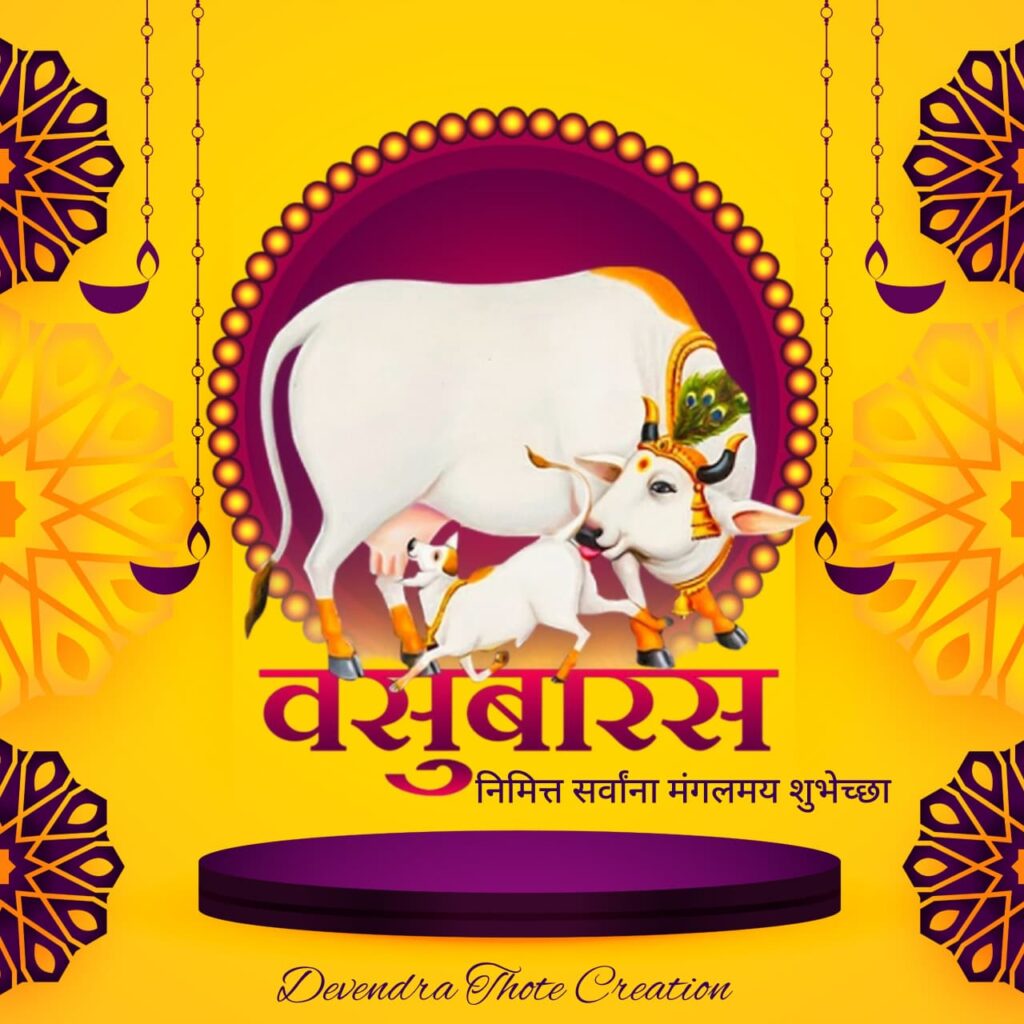
Day 1 – Vasubaras (Govatsa Dwadashi)
Meaning: Worship of Cows and Calves
Significance:
Vasubaras marks the beginning of Diwali celebrations. On this day, cows (symbolizing Mother Earth and nourishment) and their calves are worshiped. The cow is considered sacred in Hinduism as she provides milk — the essence of life.
Rituals and Beliefs:
Women perform puja of the cow and calf, applying turmeric and vermillion, garlanding them, and feeding them special food. It is believed that worshiping the cow on Vasubaras brings prosperity, blessings, and good health to the family. The day reminds everyone of the importance of gratitude toward nature and animals.
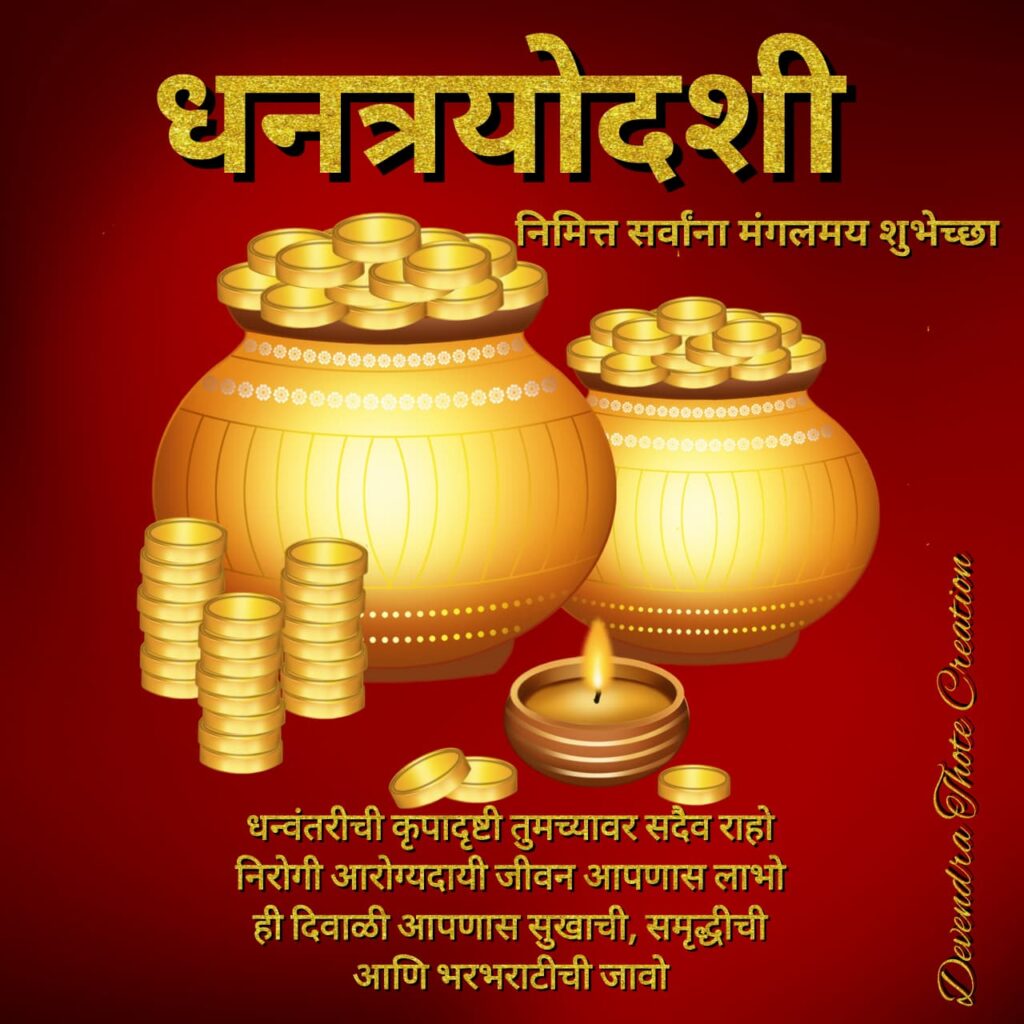
Day 2 – Dhantrayodashi (Dhanteras)
Meaning: Day of Wealth and Prosperity
Significance:
“Dhan” means wealth, and “Trayodashi” means the 13th day of the lunar fortnight. On this day, Lord Dhanvantari, the physician of the gods and an incarnation of Lord Vishnu, emerged from the ocean during the Samudra Manthan carrying the pot of nectar (Amrit).
Rituals and Beliefs:
People clean and decorate their homes to welcome Goddess Lakshmi. Buying gold, silver, or new utensils on this day is considered very auspicious — it symbolizes inviting prosperity and wealth. In some regions, Lord Dhanvantari is worshiped for good health and longevity.
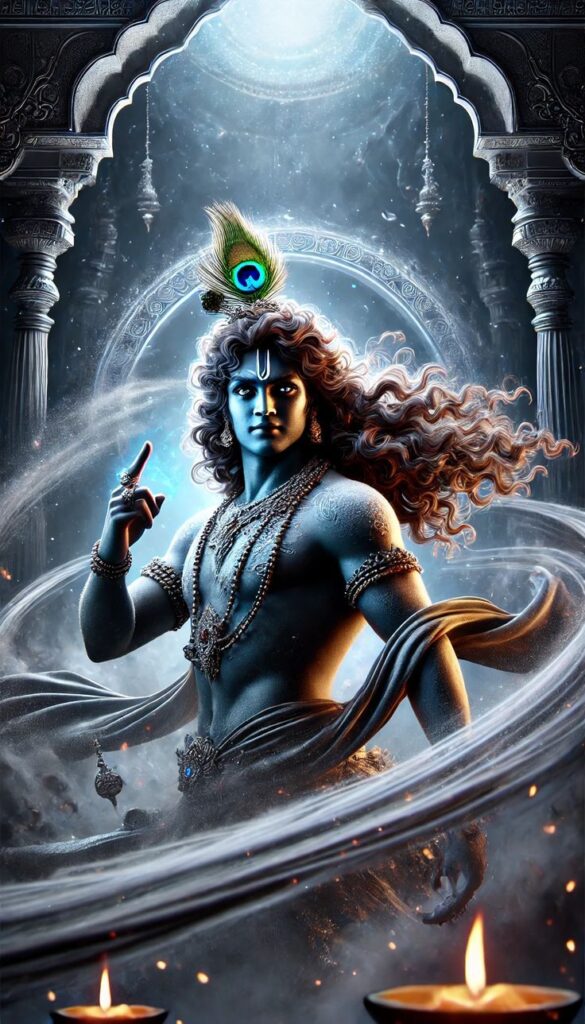
Day 3 – Narak Chaturdashi (Chhoti Diwali)
Meaning: Victory over Evil and Inner Darkness
Significance:
This day commemorates Lord Krishna’s victory over the demon Narakasura, who had imprisoned 16,000 women. Krishna freed them, restoring righteousness (Dharma) and light.
Rituals and Beliefs:
People wake up early before sunrise and apply ubtan (a paste of fragrant oils and herbs) before taking a holy bath, symbolizing purification. Lamps are lit early in the morning and again in the evening to drive away darkness and negativity. This day teaches the value of destroying evil within ourselves — anger, greed, and ignorance.
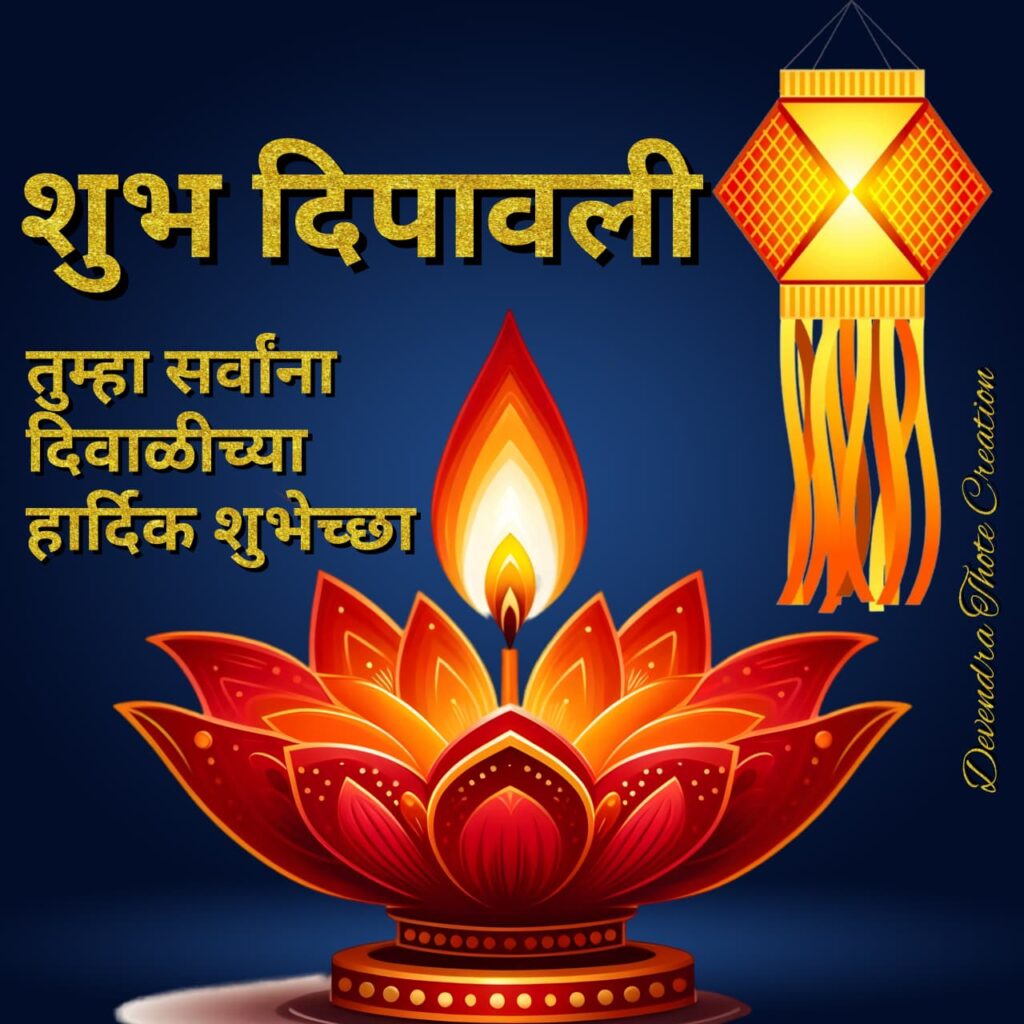
Day 4 – Balipratipada (Padwa / Govardhan Puja)
Meaning: Celebration of Love, Prosperity, and Devotion
Govardhan Puja – In North India, it commemorates Lord Krishna lifting the Govardhan Hill to protect villagers from heavy rains sent by Lord Indra.
Balipratipada – In Maharashtra and South India, it marks the day when King Bali was sent to the Patala Lok (underworld) by Lord Vishnu in his Vamana Avatar. Lord Vishnu granted him permission to visit Earth once a year — symbolizing the victory of devotion and humility over pride.
Padwa – Celebrated as New Year (Vikram Samvat) in some regions and also as Gudi Padwa for married couples, signifying love and mutual respect.
Rituals and Beliefs:
Govardhan hill made of cow dung or food offerings (Annakoot) is worshiped. Husbands give gifts to their wives and families celebrate new beginnings.
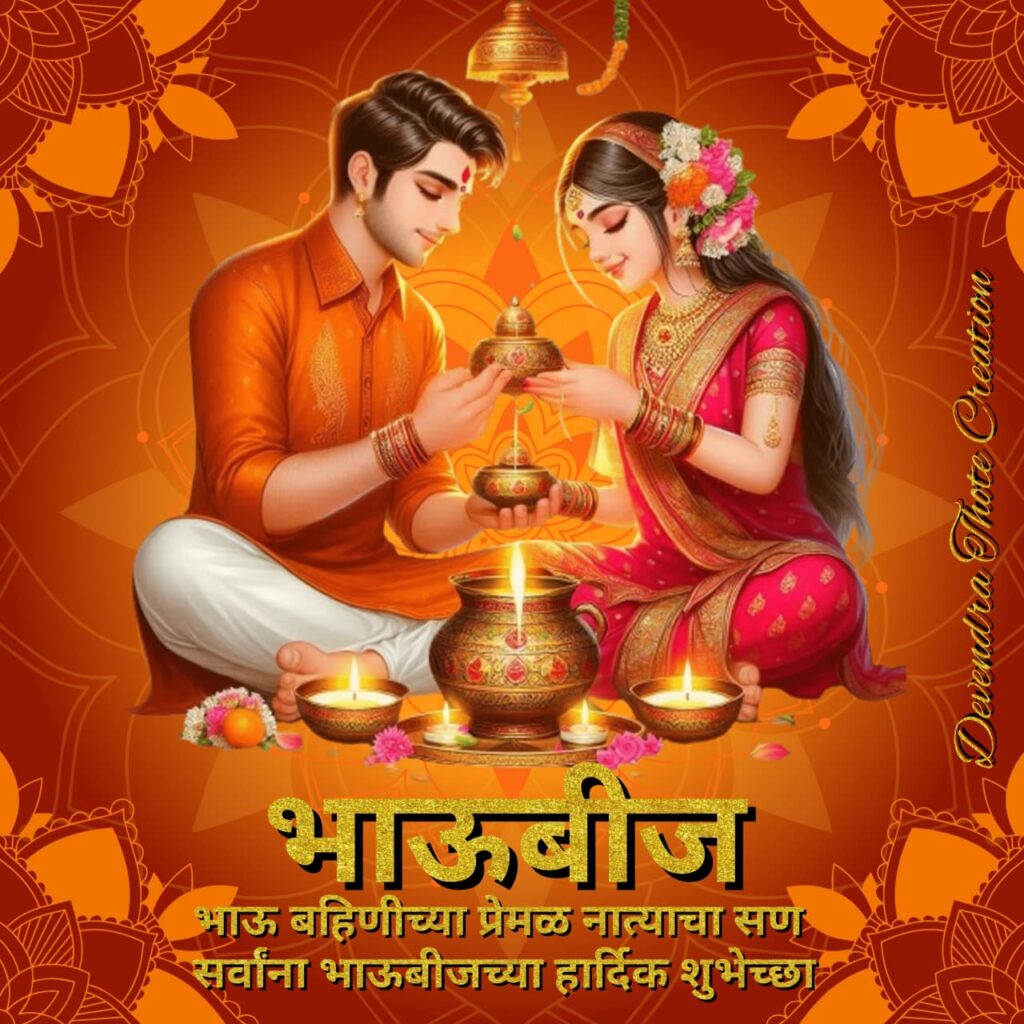
Day 5 – Bhaubeej (Bhai Dooj)
Meaning: Celebration of Sibling Bond
Significance:
Bhaubeej celebrates the love between brothers and sisters. According to legend, Yamraj (the god of death) visited his sister Yamuna on this day, and she welcomed him with an aarti and applied a tilak on his forehead. In return, Yamraj granted her a boon that any brother who visits his sister on this day will be blessed with long life and prosperity.
Rituals and Beliefs:
Sisters perform aarti for their brothers, apply tilak, and offer sweets. Brothers give gifts and promise to protect their sisters. It strengthens the bond of love, care, and protection between siblings.
In Summary: The Essence of Diwali
Day Name Theme / Worship Symbolism
1 Vasubaras Cow and calf Gratitude to nature & motherhood
2 Dhanteras Goddess Lakshmi & Dhanvantari Health and prosperity
3 Narak Chaturdashi Lord Krishna’s victory Triumph of light over darkness
4 Balipratipada / Govardhan Puja Lord Vishnu / Krishna Devotion, humility, new beginnings
5 Bhaubeej Brother-sister bond Love and protection in family
